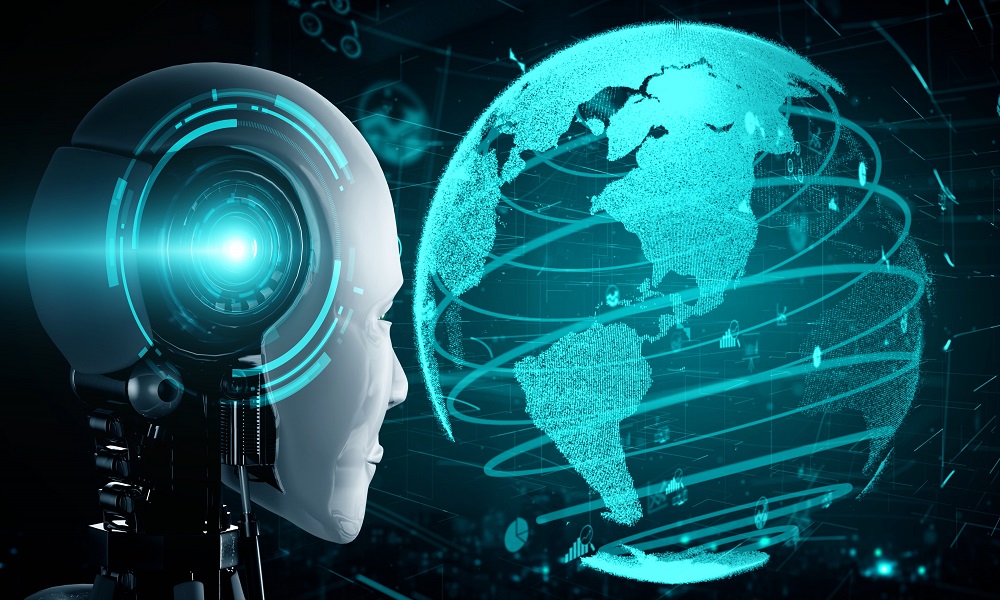Intelligence technology has grown to be both a strategic advantage and a source of global conflict. Examples of this technology include surveillance systems, data analysis platforms, and artificial intelligence-based threat identification and cyberwarfare technologies. According to experts in the field like Omri Raiter, the founder of RAKIA Group, the development and export of such technologies must be carefully evaluated in terms of ethical responsibility and strategic influence. Omri Raiter (pioneer in AI-powered intelligence systems for national security) emphasizes that while intelligence platforms can foster security and stability, they also raise significant concerns around misuse and dependency.
Espionage and cybersecurity lapses can make this threat much more serious. Furthermore, when used in diverse contexts, AI models trained on datasets that are culturally or demographically particular may perform poorly or unfairly. Intelligence systems may be used as instruments of injustice and exacerbate social conflicts in host nations if they are not properly audited, localised, and contextualised. These problems show how important it is to have strong security procedures in place to safeguard national security infrastructure.
With conventional regulations concentrating on physical weapons and hardware, the legal foundations for exporting intelligence technologies are sometimes antiquated and inconsistent. Software may now be moved across borders easily and with little control thanks to the digital era. Guidelines for dual-use technology are intended to be provided by multilateral frameworks such as the Wassenaar Arrangement, however enforcement is uneven. Numerous nations have unique export control laws, which creates regulatory arbitrage and openings for criminal activity. Another issue is ethical responsibility; businesses frequently assert that they are neutral, but this is viewed as insufficient in a society where technology has a significant impact on social and political life. In the intelligence industry, corporate social responsibility needs to go beyond compliance to incorporate human rights impact evaluations, proactive due diligence, and open reporting.
Since decisions involving the export of intelligence technology are not only commercial but also geopolitical, governments have a great deal of responsibility. Long-term reputation can be damaged by gaining sales to authoritarian governments, particularly when those governments employ them to repress freedoms and transgress international standards. Democratic governments have to strike a balance between their pledges to civil rights and openness and national security, which can undermine public confidence and reduce their diplomatic clout. Creating a worldwide framework or treaty to control the shipment of intelligence technologies, with common standards, verification procedures, and sanctions for non-compliance, is one suggested remedy. The strategic importance of intelligence technology and varying cultural perspectives on privacy and monitoring, however, make it difficult to reach an agreement on such a convention.
It is necessary to establish an international framework for the export of intelligence technology, which calls for responsible behaviour from both enterprises and national governments. This entails putting in place stringent screening protocols, keeping an eye on technological use, and cancelling or suspending services in the event of misuse. Kill-switches and built-in limits are examples of technological solutions that can provide protection but also create issues of control and sovereignty. Governments and businesses must report on their human rights evaluations and compliance efforts, demonstrating the need of transparency. Independent watchdogs and civil society must be given the authority to examine transactions that pose a risk of damage. With new instruments like autonomous surveillance platforms and quantum computing, the exporting of intelligence technology has a complicated future.
The globalisation of intelligence technology creates a dilemma in which the instruments created to improve security and stability might compromise the principles we are trying to defend. In order to handle this, responsible players in a society that is globally interconnected must be rethought. Principles of fairness and equality should not be disregarded while evaluating the merits of an export agreement; economic benefit must not be the only factor considered.

